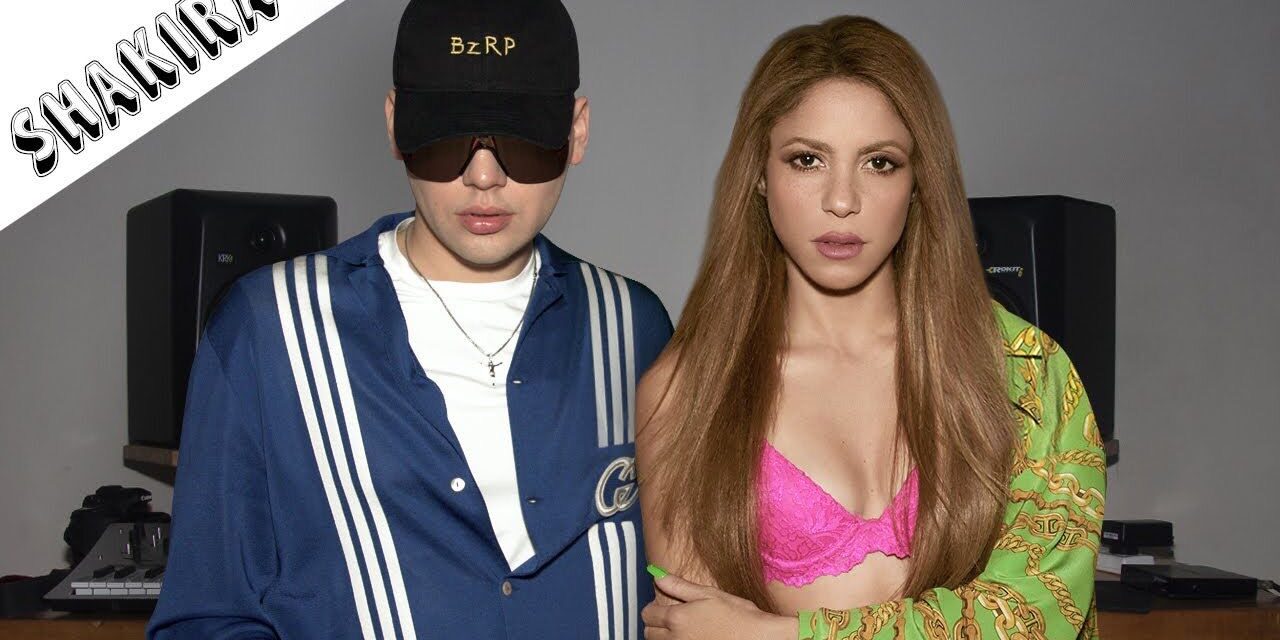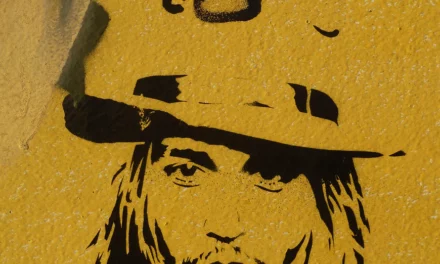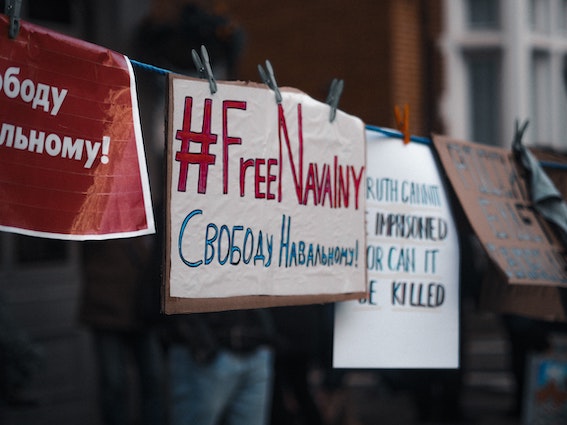Have you ever wondered where the limits are in what is said on social media? Do you consider that press and users go too far sometimes talking about gossip? Do you ever feel bad for famous people who are having a difficult time when their personal information is displayed freely? Should art have legal limitations?
Recently, the Argentinian producer and DJ Bizarrap (also known as BZRP) has been creating songs with artists such as Residente, a rapper with the greatest amount of Grammy awards, and Shakira, one of the current divas in music. The legal controversy arises when we look deep into the lyrics. In the case of Residente, he’s well known to have beef with J Balvin, a reggaeton artist, so he wrote an eight-minute song to verbally and publicly smash him and his reputation. He accuses J Balvin to be racist, to be misogynist, to have people who write his songs for him (this is to have no artistic talent according to Residente) and many more criticisms.
On the other hand, Shakira who had been with Gerard Piqué, a footballer of Barcelona team, for more than twelve years, discovered he was cheating with a 22 year old woman for more than a year. In fact, in the song she continually refers to her ex and the woman, also making references to the debt with the tax authorities he left her with. Many people in the news and social media were discussing gossip in relation to these events, but what caught my attention was the accusation of slander, as not only people, but economic and legal scandals were involved. In that sense, freedom of speech remains a very controversial topic nowadays.
In Dutch law, it is clear that freedom of expression (article 7 of the Dutch Constitution) has plenty of room, but also limits to operate, which makes it quite flexible in general terms. However, in other countries it still provokes public debate and sometimes is even repressed, especially in relation to art. According to the Freemuse organization, 978 violations of artistic freedom were registered in 2020 over 89 countries, and a great proportion of them was carried out towards the Government actions and in social media or streaming platforms.[1] The doctrine of the ECtHR[2] considers freedom of expression as a milestone to democratic societies, even when causing discomfort to the State or a certain sector of the population, according to the Handyside case (1976). That’s why the Court only authorizes intervention if an imperative social need exists. Specifically, it takes into consideration the following exceptions: the State can establish an authorisation regime on radio, cinema and TV companies, when this right collides with freedom of religion, when it affects national security or public order and, lastly, when related to commercial advertisement.
Currently, the Council of Europe is encouraging States to decriminalize defamation, in order to preserve freedom of expression and public debate[3]. So we can agree that, at the European level, a flexible approach is taken to avoid risks towards human rights violations and the detriment of democracy. This can be an accurate approach to take, in order to avoid situations such as the one caused by the conventionally known as “Ley Mordaza” in Spain, widely criticized by organizations such as Amnesty International[4]. In the field of politics, institutions and public life is where the fight is rougher. Nevertheless, the right to personal and familial intimacy can also collide with freedom of speech in some countries. The criteria to determine which one prevails is more abstract in relation to famous people.
However, some Courts understand that if affected famous people have adopted behaviors from which it can be deduced that they allowed the public to know certain information, freedom of speech shall not be limited[5]. In the first example, the row between Residente and J Balvin took place mainly on Instagram and Twitter. In addition, the new relationship of Piqué is quite public as much as the scandals Shakira refers to in her song.
[1] Seen in https://www.elsaltodiario.com/
[2] Seen in https://www.corteidh.or.cr/
[3] Seen in https://www.coe.int/en/web/
[4] More information in https://www.es.amnesty.org/en-
[5] Seen in https://www.iberley.es/temas/
Author: Andrea Castro Fernández








